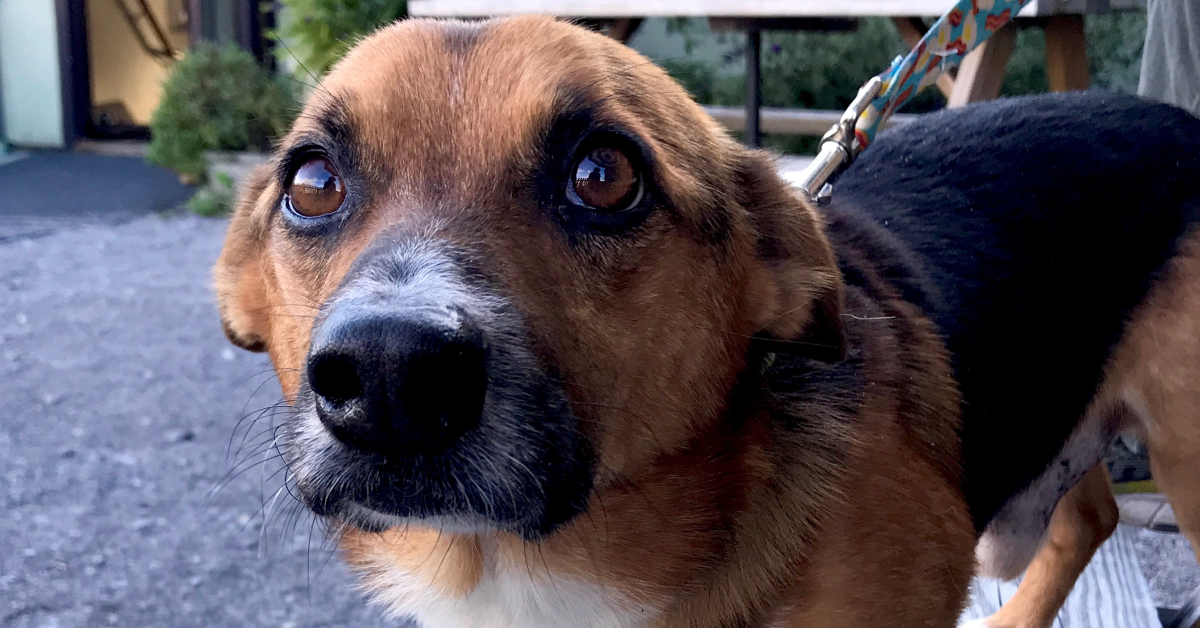
UTCVM Says Vaccination Prevents Highly Contagious Disease
KNOXVILLE, Tenn. – A dog at the Morristown Hamblen Humane Society (MHHS) has been diagnosed with canine distemper after director Pam Velder submitted samples to the virology laboratory at the University of Tennessee College of Veterinary Medicine. Based on the timeline of the dog’s admission and symptoms, the dog came into the shelter already infected.
MHHS is ensuring all exposed dogs have protective antibodies against distemper; all dogs are vaccinated as soon as they arrive at MHHS.
The positive case follows an increased number of sightings of symptomatic raccoons in the county. “While one confirmed case in a shelter might not sound concerning, it’s important to note that disease in a shelter animal indicates that disease is present in the community,” says UT shelter medicine veterinarian Dr. Becky DeBolt. The shelter medicine service sees one to three cases of distemper in regional shelter dogs each year. “The quick actions of the Morristown Hamblen Humane Society and the help of local veterinarian Dr. Ian O’Connor, with Southern Care Veterinary Hospital, expedited the diagnosis of the case and in turn, will prevent spread of the disease and save the lives of the shelter dogs.”
Canine distemper is a highly contagious virus and can be fatal. It can affect the respiratory, gastrointestinal and nervous systems of dogs and ferrets as well as wildlife such as raccoons, foxes, coyotes and skunks. It is spread through all respiratory secretions and bodily waste. Pets interacting with wildlife or exposed to their waste are at risk of contracting the canine distemper virus.
While young animals are the most vulnerable, unvaccinated dogs of all ages are susceptible. Symptoms range from no visible signs of illness to mild respiratory issues such as a runny nose and eyes to severe respiratory symptoms, thickened footpads or nose skin, seizures, neurological deficits and decline. Animals can be contagious for months.
There is no cure for canine distemper infection. Treatment includes supportive care, but some dogs will not survive. “This disease is highly preventable when dogs are properly vaccinated by a veterinarian. The vaccine is very effective and is far less expensive than treating the disease or losing your pet to the virus. I highly recommend all dog and ferret owners make sure their pets’ distemper vaccinations are up to date,” says DeBolt.
Dog owners should also use caution when socializing puppies or unvaccinated dogs where dogs congregate such as at parks.
The UT College of Veterinary Medicine is part of the University of Tennessee Institute of Agriculture. Through its land-grant mission of research, teaching and extension, UTIA touches lives and provides Real. Life. Solutions. utia.tennessee.edu.